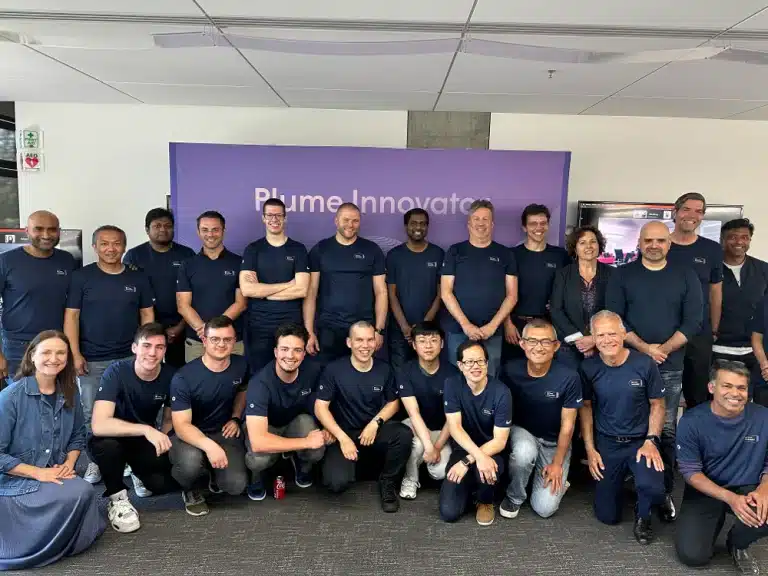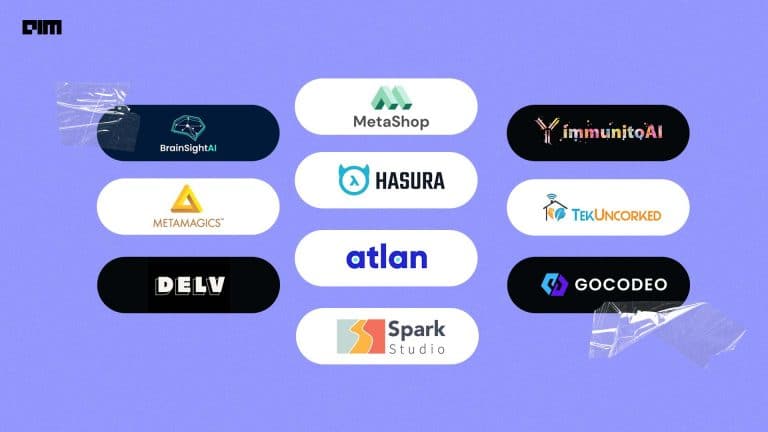A lot of Indian universities are giving a year off to students interested in building startups. BITS Pilani, IIT Madras, IIT Hyderabad, DIT University, IIT Bombay, IIT Kharagpur, and a few others have a “temporary withdrawal programme” allowing students to take a break from their academic studies and pursue their entrepreneurial calling.
“Bad idea”, said a user on LinkedIn talking about the universities’ move to allow a year off. He highlighted how typically, only 2 to 6 percent of startups achieve profitability within the first year.
What about tech entrepreneurs or students whose startups fail or prove non-viable in the market?
AIM Recruits believes that stability concerns may arise with candidates who have entrepreneurial experience, as they may not always seamlessly integrate into the traditional corporate structure. “Entrepreneurs often tend to revert to launching their ventures shortly after joining an organisation,” said the spokesperson.
At the same time, the failure of the startup also signals a potential deficit in comprehending market dynamics or industry trends. Most investors would not want to fund startups started by students, as they are likely to believe that they would end up losing all the money.
No more jobs?
Experts say that in the product-based or startup sectors, skills outweigh degrees. “Entrepreneurial experience holds particular significance, indicating a strong commitment and work ethic.”
Universities believe in allowing students to gain real-world experience by applying theoretical knowledge in practical settings. This experience, according to them, will not only enhance their entrepreneurial skills but also make them more adaptable and resilient professionals.
Candidates with startup backgrounds often showcase strong leadership skills and dedicated individual contributor traits, providing a dual advantage for organisational success. Additionally, their technical expertise, gained from working on their projects, enhances proficiency in essential skills.
Unfortunately, big companies such as Microsoft, Google, or Indian IT giants think differently. “They don’t hire such people at all. They are very particular about pedigree,” said the AIM Recruits expert. “Their main target pool is folks from IITs, NITs, BITs, DTU, MIT, without any backlogs or gaps.”
Adding to this, Indian IT companies have put a freeze on hiring new employees. Many of them have a huge bench size, and the companies believe that they require a lot more training of the existing employees before they can hire new ones. According to a recent report, private engineering institutes have started to report a 50-70% drop in placements in 2023.
Not a toss of coin
One of the most significant drawbacks of taking a year off is the potential impact on future career opportunities. Employers often value a consistent academic track record, and a gap year may be perceived as a red flag, potentially affecting the chances of securing desirable job placements after graduation.
Even though universities are the best place for promoting AI and entrepreneurship, it seems like risky business to move out of college for a year unless you are absolutely sure that your startup idea is golden. For the universities, it becomes very hard to determine if the AI venture would be worth or not.
It is also better for bigger companies to hire more freshers and promote their entrepreneurial callings through incubators and startup programmes, instead of letting them out in the open market. Though some universities provide resources during the gap, it is still not enough to make a profitable business.
Funding winter?
In August, the government of India announced its scheme of funding 1,200 startups under the Digital India initiative, giving a boost to the entrepreneurs in universities. Despite this, the startup funding in India dropped significantly in 2023.
According to Tracxn, the startup funding declined a massive 73% in 2023, compared to 2022 — dropping from $25 billion to $7 billion — lowest in the past five years. Most importantly, seed-stage funding dropped 60% from $1.7 billion in 2022 to $678 million in 2023.
All in all, it might not entirely be a bad idea to take a year off, but it would be wiser to get a job (which is also difficult) and then possibly join their startup programme. Since the market is down, the percentages show that the chance of failure is significantly higher. Think twice.



















































































